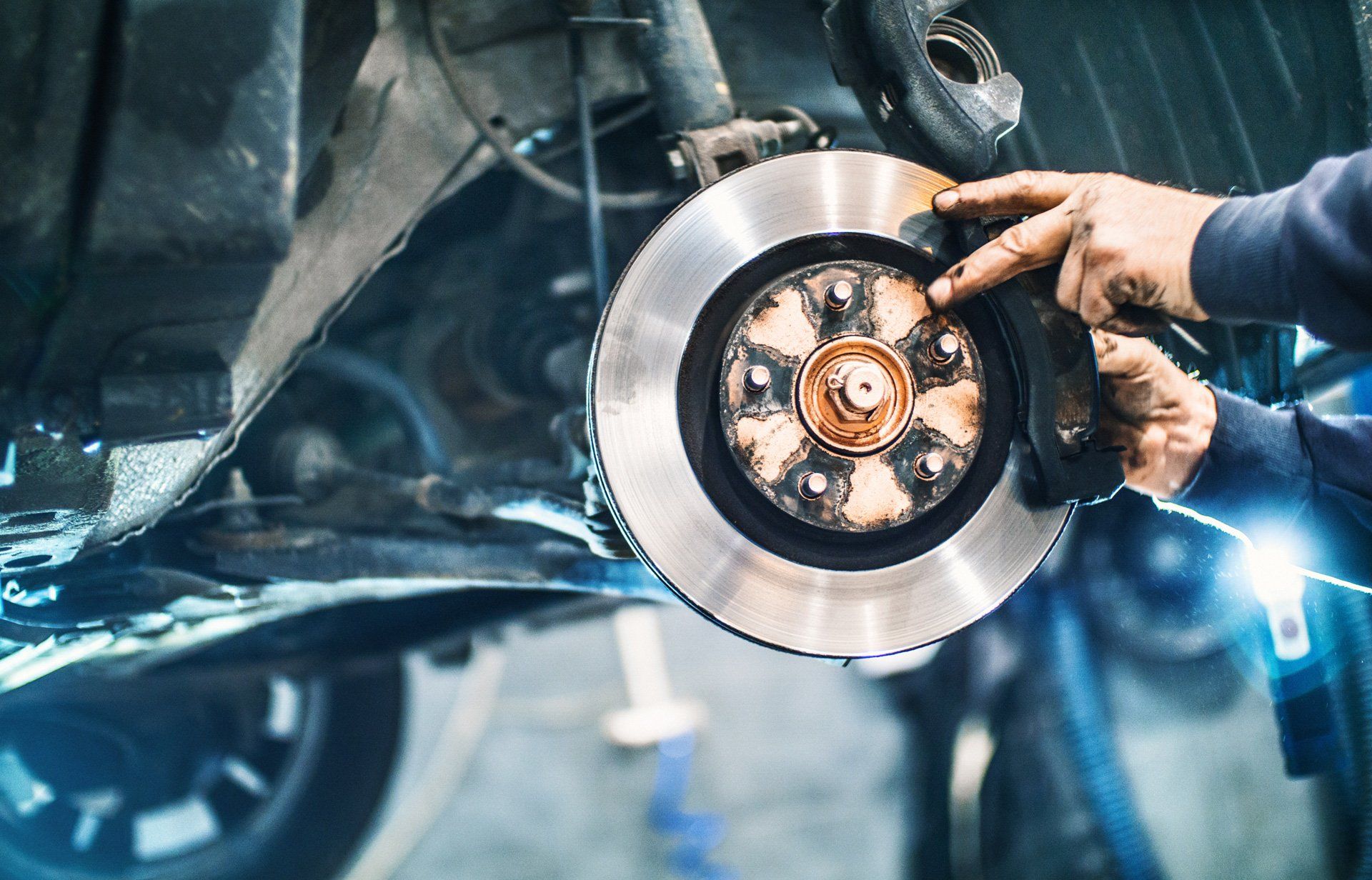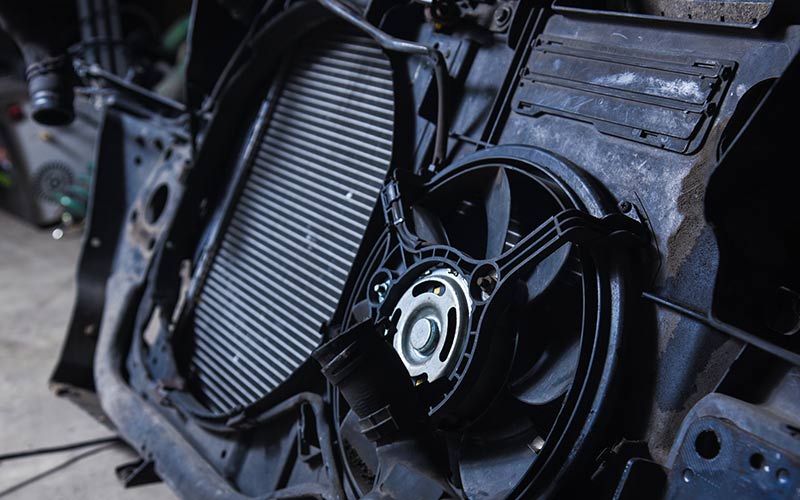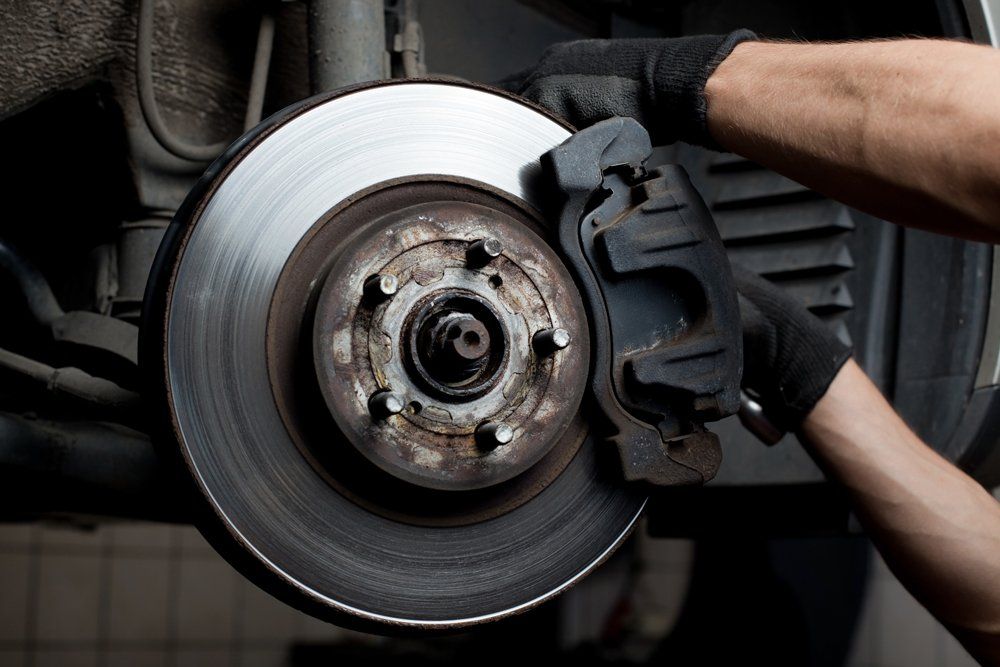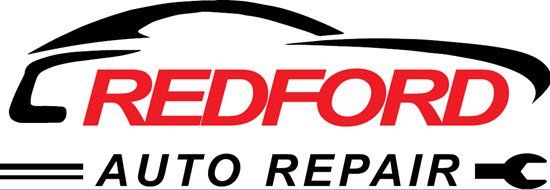
Every car needs fuel to function. However, every car owner doesn't have to spend a fortune on this necessity. With the average person paying well over a $1,000 a year to fill up their vehicle, this is an expense you don't want to let spiral out of control.
If your fuel costs have increased and you can't understand why, there is likely an underlying mechanical issue playing a part. Learn what the problem might be so that you can quickly resolve it.
A clogged filter makes it easier for these particles to settle inside your engine, but in terms of fuel economy, the primary problem this buildup causes is that it restricts air flow. Restricted air flow will cause the engine to work harder and therefore, cause your vehicle to burn more fuel and drive your fuel expenses upwards.
How often you need to replace your air filter varies; however, every 12,000 miles or every 12 months is an excellent place to begin. Have the filter checked with each oil change.
A tire will somewhat drag across the road when it is underinflated. This dragging motion lowers fuel economy by increases friction and puts more pressure on the engine. The harder the engine works, the more fuel it burns. Underinflated tires also wear faster and give you less control over steering and stopping.
If your vehicle doesn't have a pressure sensor, manually check your tires at least once a month. Since heat can increase tire pressure temporarily, check the tires first thing in the morning for a more accurate reading. A good reading is generally between 30 and 35 PSI.
When an oxygen sensor is failing, it may incorrectly read that the fuel mixture is too lean. This reading will then prompt the engine to funnel more fuel through the system to increase the richness of the mixture. For you, the result is excessive fuel usage. In fact, the fuel efficiency of a vehicle can decline by as much as 40% due to a failed oxygen sensor.
The lifecycle of these sensors varies widely depending on the brand of sensor you have, as well as your driving habits, but some options last upwards of 60,000 miles. An auto technician can tell you when the sensor has failed.
At Redford Auto Repair, we believe that Proper Prevention Prevents Poor Performance. From replacing a dirty air filter to a faulty oxygen sensor, these preventive steps will help keep your fuel costs more manageable while also protecting your vehicle. As a reliable and experienced auto technician team, we are happy to meet all your vehicle service needs.
If your fuel costs have increased and you can't understand why, there is likely an underlying mechanical issue playing a part. Learn what the problem might be so that you can quickly resolve it.
Dirty Air Filter
Think of an air filter as a protective device. When harmful contaminants and debris blow into an engine, the air filter catches these particles and prevents them from making their way into its inner compartments. Even a buildup of substances as seemingly minor as pollen or dust increases engine wear and the risk of a malfunction.A clogged filter makes it easier for these particles to settle inside your engine, but in terms of fuel economy, the primary problem this buildup causes is that it restricts air flow. Restricted air flow will cause the engine to work harder and therefore, cause your vehicle to burn more fuel and drive your fuel expenses upwards.
How often you need to replace your air filter varies; however, every 12,000 miles or every 12 months is an excellent place to begin. Have the filter checked with each oil change.
Underinflated Tires
When the low-pressure warning on your dash panel lights up, don't ignore it, as an underinflated tire will increase your fuel costs. All tires function with a rolling resistance, which is the amount of friction the tires meet as they roll over the ground. A properly inflated tire will form a near perfect circle that allows it to glide across the road effortlessly.A tire will somewhat drag across the road when it is underinflated. This dragging motion lowers fuel economy by increases friction and puts more pressure on the engine. The harder the engine works, the more fuel it burns. Underinflated tires also wear faster and give you less control over steering and stopping.
If your vehicle doesn't have a pressure sensor, manually check your tires at least once a month. Since heat can increase tire pressure temporarily, check the tires first thing in the morning for a more accurate reading. A good reading is generally between 30 and 35 PSI.
Failed Oxygen Sensor
Oxygen sensors are a vital part of a vehicle's fuel management function. As exhaust travels through the engine, the sensor monitors how much unburned oxygen is in the mixture. This feedback is then used to determine the makeup of the fuel blend, more specifically, whether it's too lean or rich.When an oxygen sensor is failing, it may incorrectly read that the fuel mixture is too lean. This reading will then prompt the engine to funnel more fuel through the system to increase the richness of the mixture. For you, the result is excessive fuel usage. In fact, the fuel efficiency of a vehicle can decline by as much as 40% due to a failed oxygen sensor.
The lifecycle of these sensors varies widely depending on the brand of sensor you have, as well as your driving habits, but some options last upwards of 60,000 miles. An auto technician can tell you when the sensor has failed.
At Redford Auto Repair, we believe that Proper Prevention Prevents Poor Performance. From replacing a dirty air filter to a faulty oxygen sensor, these preventive steps will help keep your fuel costs more manageable while also protecting your vehicle. As a reliable and experienced auto technician team, we are happy to meet all your vehicle service needs.











